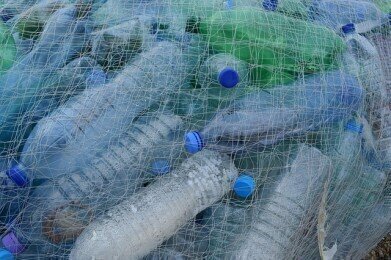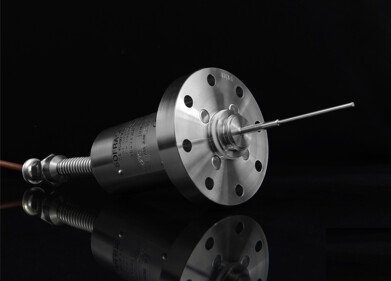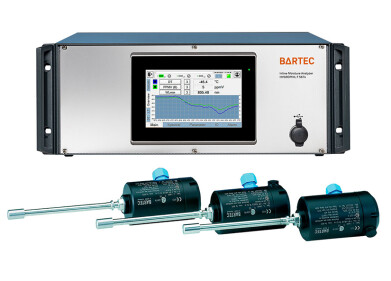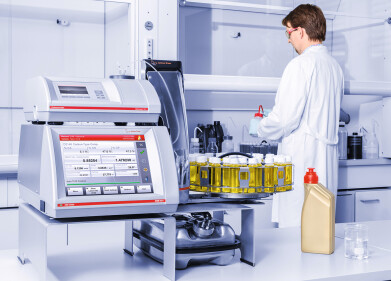Measurement and Testing
Can You Turn Plastic Waste into Fuel?
Mar 16 2019
In the face of a global landfill crisis a team of researchers at Purdue University in Indiana has developed an exciting new chemical process that converts polypropylene and other waste plastic into eco-friendly fuel.
Used to manufacture everything from textiles and takeaway food containers to furniture and automotive parts, environmental groups estimate that polypropylene contributes to a huge 23% of plastic waste. Now, a team of American scientists have pioneered an innovative way to convert the thermoplastic polymer into clean fuels, as well as other useful products.
Researchers pioneer a "driving force for recycling"
"Our strategy is to create a driving force for recycling by converting polyolefin waste into a wide range of valuable products, including polymers, naphtha, or clean fuels,” asserts Linda Wang, head researcher of the study and Professor in the Davidson School of Chemical Engineering at Purdue University. “Our conversion technology has the potential to boost the profits of the recycling industry and shrink the world’s plastic waste stock."
The process is powered by selective extraction and hydrothermal liquefaction, processes that convert model polypropylene (PP) into oil using a method known as supercritical water oxidation (SCWO). It sees H2O heated to temperatures of up to 500°C and pressure of 23MPa. In just four hours the team were able to convert up to 91% of the model PP into oil, which can then be used to manufacture chemicals, solvents and clean fuels.
Addressing the global plastic pollution crisis
Over the past 65 years the world has created around 8.3 billion tons of plastics. Of this, just 9% are recycled, 12% are incinerated and the remaining 79% are cent to landfill or end up in the oceans. If the pattern continues the World Economic Forum warns that by 2050 the world's oceans will contain more plastic waste than fish. The Purdue University team were inspired to address the global issue of plastic pollution and develop a new way to dispose of polypropylene.
"Plastic waste disposal, whether recycled or thrown away, does not mean the end of the story,” says Wang. “These plastics degrade slowly and release toxic microplastics and chemicals into the land and the water. This is a catastrophe, because once these pollutants are in the oceans, they are impossible to retrieve completely."
The oil and gas industry is continually exploring new ways to reduce its environmental footprint. For a closer look at the latest innovations being employed in the Permian and Delaware Basins don't miss 'A paradigm shift for shale: the environmental, financial, and litigative impetus for produced water recycling.
Digital Edition
PIN 25.2 Apr/May
May 2024
Safety - Carbon monoxide toxic and flammable gas detection Analytical Instrumentation - Density: A fundamental parameter at critical stages within the petroleum sector - Advancements and...
View all digital editions
Events
May 18 2024 Rio de Janeiro, Brazil
May 19 2024 Minneapolis, MN
May 20 2024 Columbus, OH, USA
May 20 2024 Dubai, United Arab Emirates
May 23 2024 Beijing, China


















